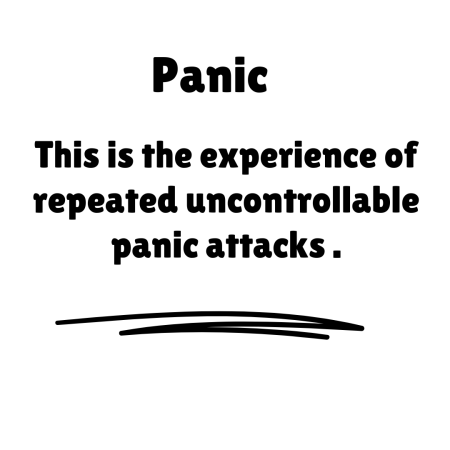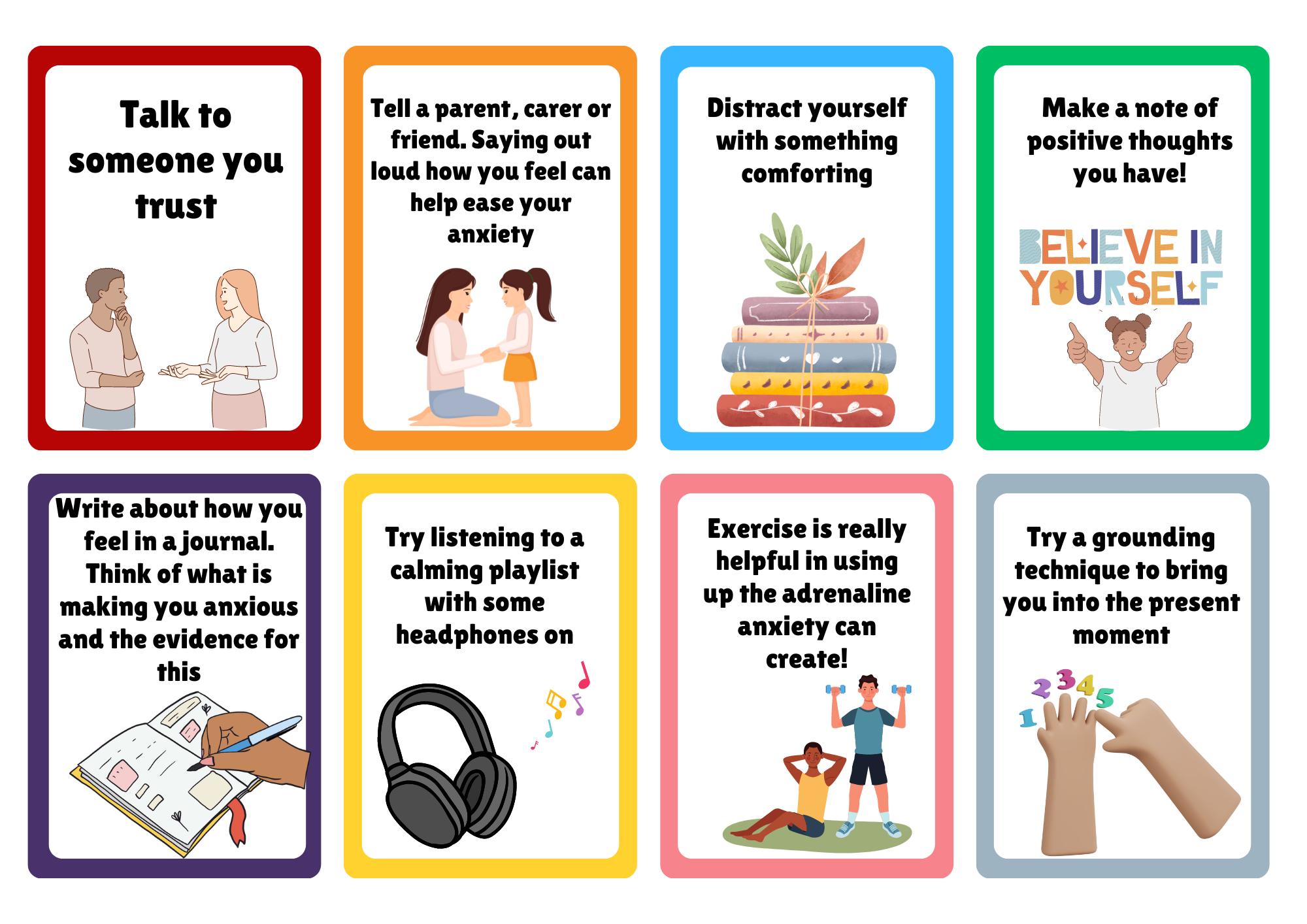What is anxiety?
We all experience feelings of anxiety. It is a ‘normal’ response. Everybody gets anxious at times and some anxiety actually helps us to function well in many situations for example before an exam, interview or first date.
However, anxiety can become a problem when we experience it too often, it goes on for a long time or it stops us from doing things that we want to do. Anxiety can become intense or worsen if we avoid situations. This is when anxiety becomes unhelpful or causes problems.
Types of anxiety





What causes anxiety?
Anxiety does not have one main cause. Factors such as past experiences, diet, drug/alcohol use, brain chemicals, and genetics can all increase the risk of someone developing anxiety. “Causes” can be:
- Past experiences
- Genetics and biology
- Environment and situations
It is important to remember it is not your fault if you experience anxiety. People do not choose to feel anxious. You can work towards changing and improving your anxiety levels!
- Stomach ache / ‘butterflies’
- Muscle tension and aches
- Dry mouth
- Sweating
- Dizziness
- Sleeping difficulties
- Increased heart rate
It's a good idea to make a note of your own symptoms to help recognise when you are feeling anxious.
- Feeling numb
- Fearing or thinking the worst will happen
- Over-thinking a situation
- Poor concentration
- Negative thinking
- Feeling ‘full’ of thoughts
- Nightmares
You can change how you think by questioning unhelpful thoughts. This can help reduce anxiety.
- Cognitive Behavioural Therapy (CBT) helps you understand the links between your thoughts, feelings and behaviours. It can help you to find ways to overcome your anxiety by challenging negative thoughts and beliefs.
- Exposure to anxiety provoking situations can help you challenge negative thoughts and beliefs.
- Medication can also help.
Coping strategies/ how to look after yourself
Below are flashcards that you can use. You can print these out if you scroll down to the bottom of the page and press the 'print this page' icon.


Self-referral support available through Mindworks Surrey for anxiety
Groups for children and young people
Youth Counselling Service
For further options to access support for anxiety - you can call our Access and Advice team or see our other helpful organisations page.
Help us improve our website
Please take a moment to share your thoughts and help us enhance our website by completing our short survey here.